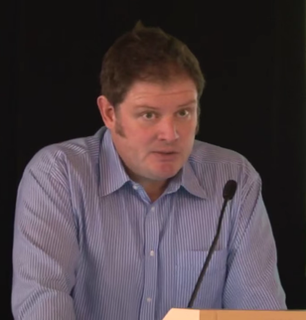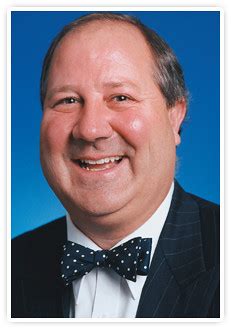A Quote by Barber Conable
Good environmentalism is good economics
Quote Topics
Related Quotes
I am practical by nature, and I'd heard that being a writer or an artist is a good way to starve! So I was an economics major at Oklahoma State, and then received an M.S. from Cornell in Agricultural Resource and Managerial Economics. I knew if I wanted to write I would do it on my own, but I knew I wouldn't make myself study economics on my own.
Trickle-down economics - it didn't work. The whole idea was supply-side economics: give rich people a lot of money; they'll spend it, it'll go into the economy. Here's what we found out - rich people, really good at keeping all the money. That's how they got rich. If you want it in the economy, give it to the poor people. You know what they're really good at? Spending all their money.

































